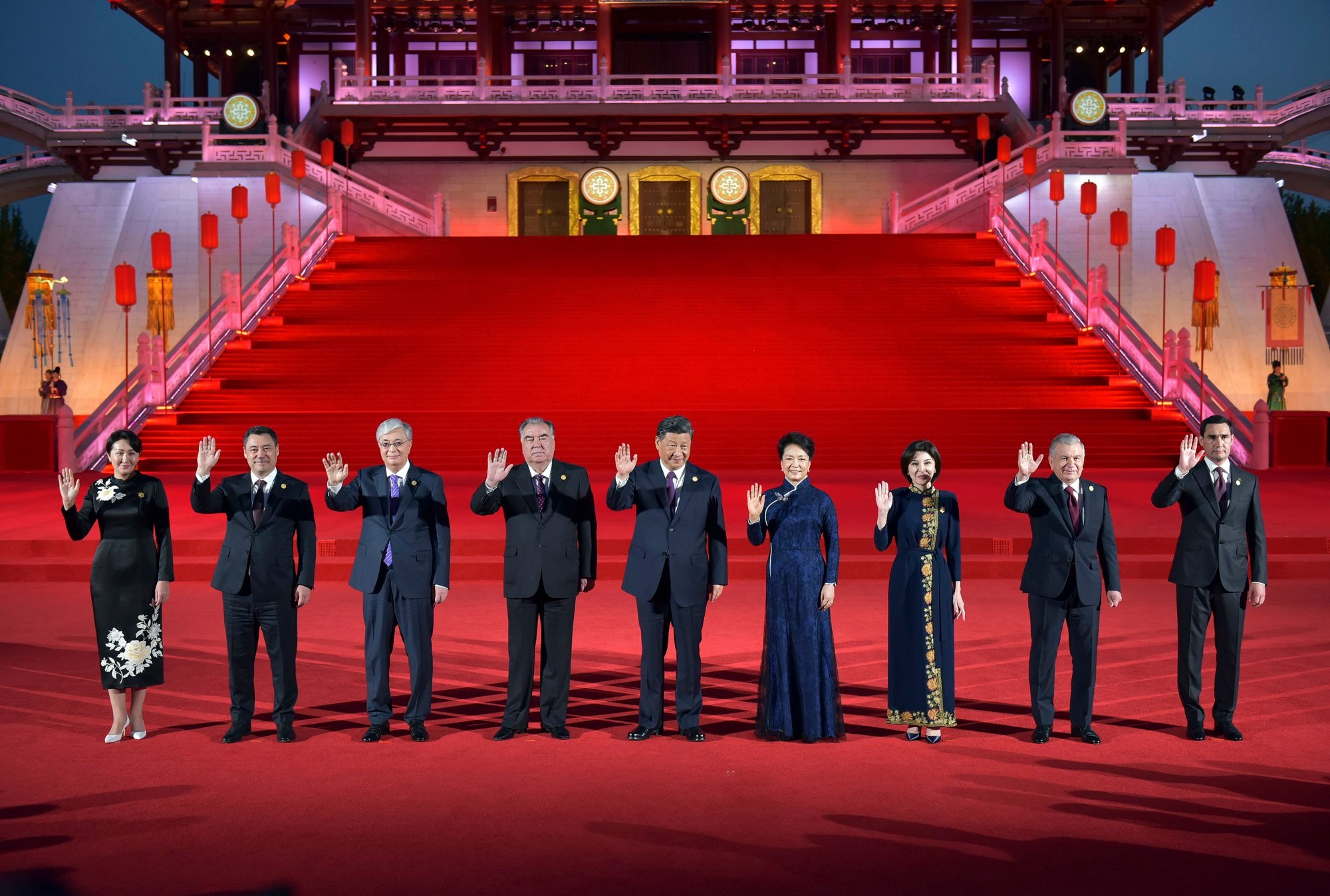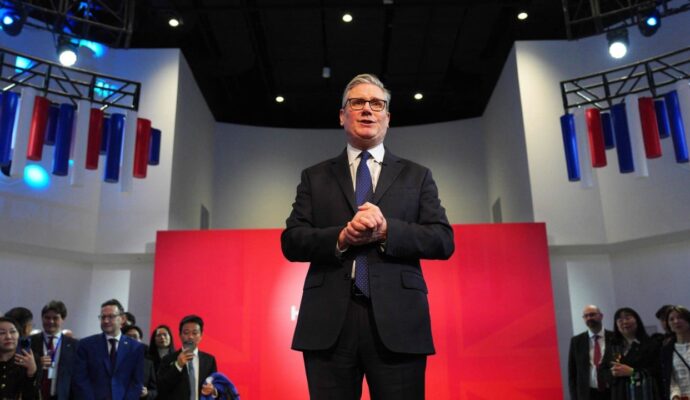The heads of 21 media organisations from Kazakhstan, Uzbekistan, Kyrgyzstan and Tajikistan arrived in Xinjiang’s capital Urumqi on Thursday for a week-long visit organised by regional authorities, Chinese state media reported over the weekend.
Events during the trip included a seminar in Urumqi and a visit to the northern Hui autonomous prefecture of Changji, where they visited a power company with ties to Central Asia and a hi-tech agriculture park, official agency China News Service (CNS) reported.
They also travelled to the bustling city of Turpan and the Ili Kazakh autonomous prefecture on the border with Kazakhstan, the report said.
“We all know that there is a lot of fake news about Xinjiang outside China. But we have seen Xinjiang with our own eyes so that we can better showcase its achievements,” a CNS video report broadcast on Monday showed the deputy editor-in-chief of the Interfax-Kazakhstan News Agency as saying.
China reaches into Silk Road past to build strategic ties of the future
China reaches into Silk Road past to build strategic ties of the future
The general manager of Silk Road Today, a media outlet based in the Kazakh city of Almaty, highlighted the future prospects of Xinjiang.
Advertisement
“Xinjiang has unlimited development potential as an important window for China’s opening up to its west,” he told local Communist Party mouthpiece Xinjiang Daily.
On Wednesday, the visitors were treated to a Peking opera performance in Urumqi ahead of their departure.
China denies all rights abuse allegations and says its policies in Xinjiang are correct and necessary.
Advertisement
Zhu Yongbiao, a professor at the School of Politics and International Relations in China’s Lanzhou University, said the visit of the media executives might be part of an official “proactive building” of Xinjiang’s image.
Advertisement
“One event won’t change anything, but it is a signal,” he said, hailing the trip as a “landmark” in China-Central Asia ties.
Zhu said the visit was significant because Central Asia had long offered a basis for “Western-led” narratives against China’s Xinjiang policies.
Advertisement
“Kazakhstan shares a long border with Xinjiang and interaction among Kazakhs [across the border] has been active,” he said, in a reference to Central Asian cultural affinities with Xinjiang that had contributed to their previously being regarded as supporters of “separatist forces” identified by China.
Xinjiang officials pledge to fight efforts to ‘use region to contain China’
Xinjiang officials pledge to fight efforts to ‘use region to contain China’
Zhu speculated that representatives from Turkmenistan, the remaining Central Asian country, were not among the visiting group because the country had relatively little interaction with the outside world, including Xinjiang, and “is not a member of the Shanghai Cooperation Organisation” led by China and Russia.
Advertisement
The media delegation was among multiple Central Asia-related events hosted by Xinjiang in recent weeks, including a visit earlier this month by Akylbek Japarov, chairman of the Cabinet in Kyrgyzstan.
Japarov’s itinerary included the Kyrgyz-Chinese business forum in Urumqi and a meeting with regional party boss Ma.
Kyrgyzstan could serve as a window to the European Union market for Chinese investors, Japarov told the forum, where agreements worth more than US$1 billion were signed, official Kyrgyz media said.
Beijing sees Central Asia as an important part of its ambitious transnational Belt and Road Initiative, and key to maintaining stability in Xinjiang as well as building its economy.

Japarov’s visit and the just-concluded media tour were both part of increased Central Asia-oriented activities in Xinjiang and elsewhere in China this year.
Late last month, Xinjiang authorities invited more than 200 experts, scholars, journalists and online influencers from a number of belt and road countries to participate in a “Hello, Silk Road” international online communication conference.
In May, Chinese President Xi Jinping hosted the first China-Central Asia summit attended by leaders of all five countries in the region.
Advertisement

